Because accessibility means more than ramps. I am an autistic psychology student and spoonie trying to overcome ableism and adapt life to my needs. To create an accessible life I am arming myself with an understanding of autism, a validation that ableism is real, and an exploration of different accommodations. Main blog: www.anaccessiblelife.com. Submit your own accessibility success of the day!
Don't wanna be here? Send us removal request.
Text
If you're fifteen or older an still sleep with a stuffed animal please reblog this.
535K notes
·
View notes
Text
Question for the autistic community
Do you ever feel like someone you know is suddenly a stranger? Like they may be a nice stranger but still, you don’t feel like you know them intimately? Or is that a trauma/dissociation thing?
38 notes
·
View notes
Text
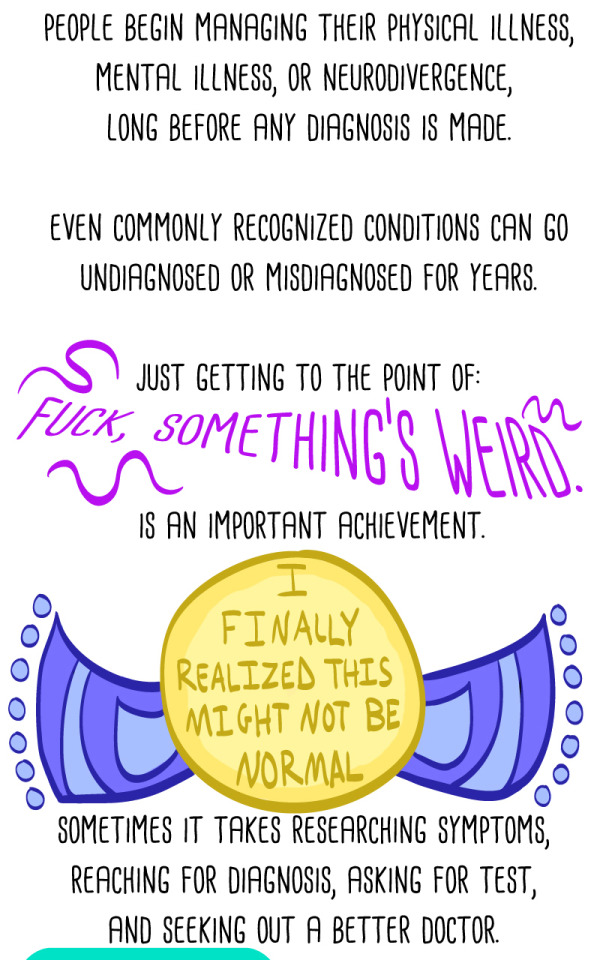
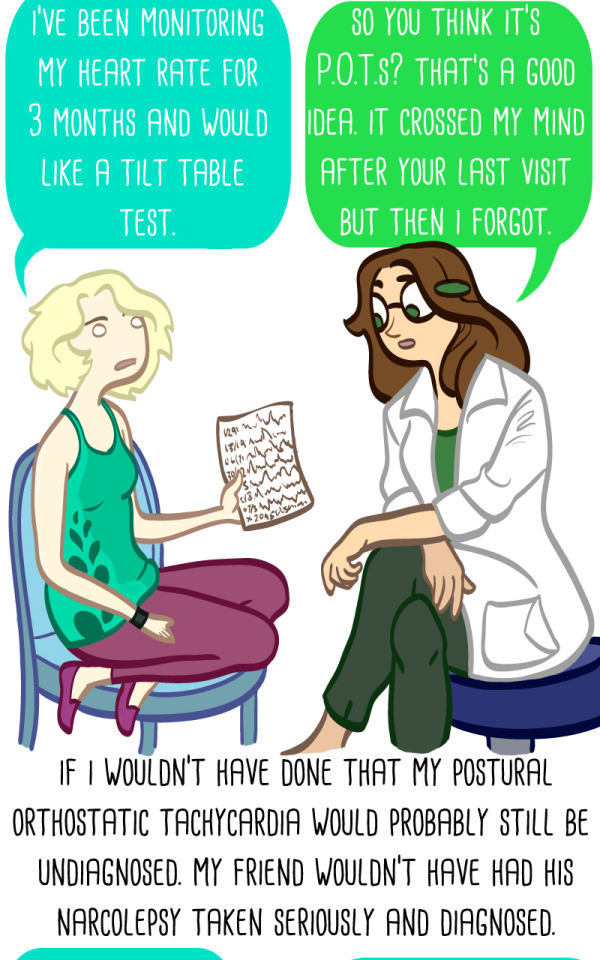

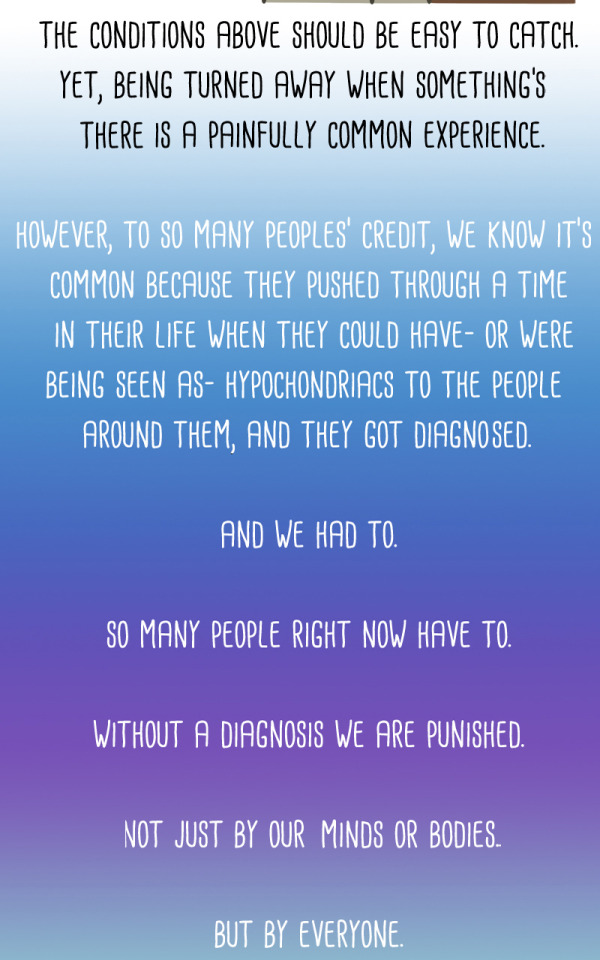

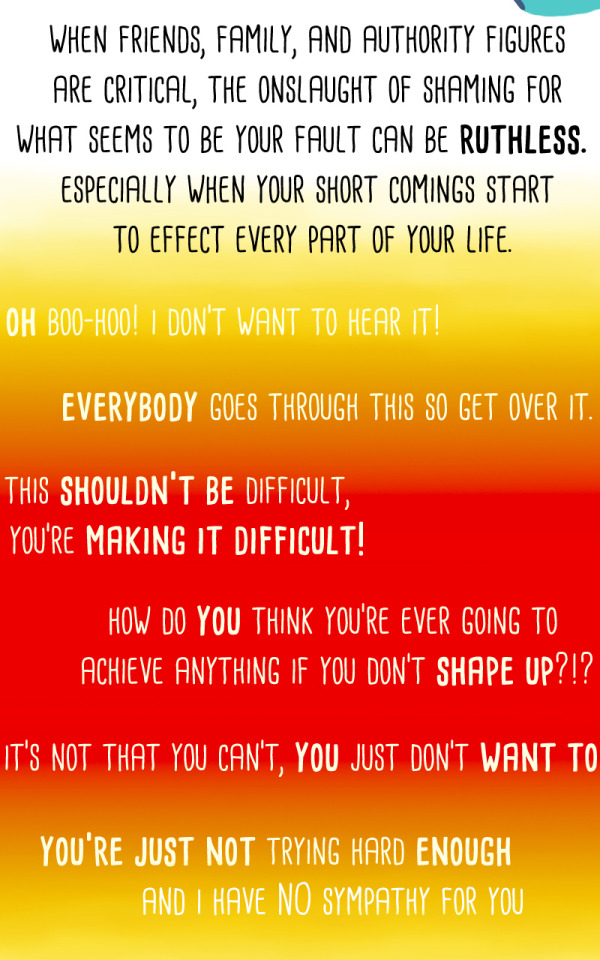



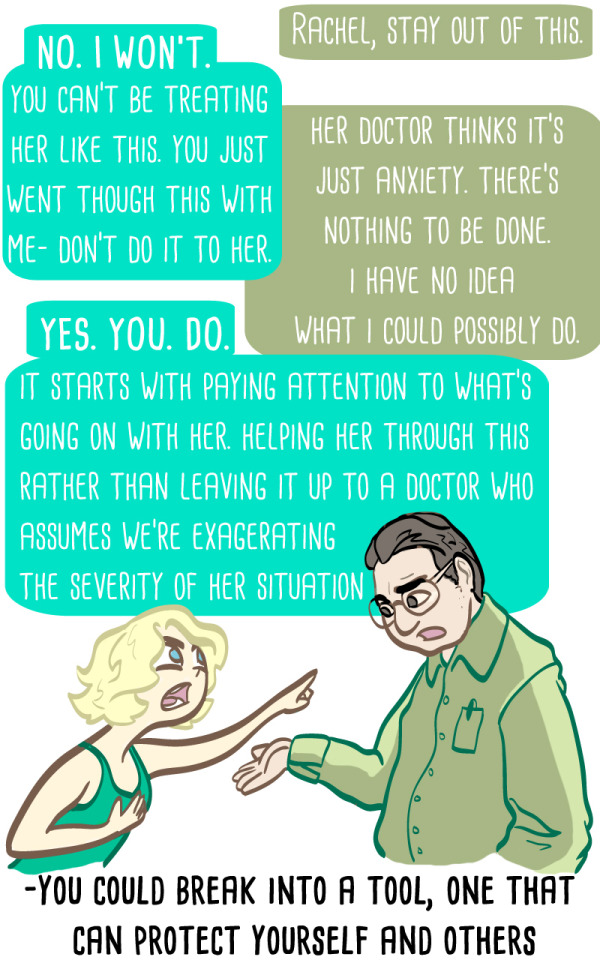
#Spoonie#Actually disabled#neurdivergence#diagnosis#sexism#ableism#neglect#parenting#disability#chronic illness#medical negligence#trauma#social justice
28K notes
·
View notes
Text
Very thankful for this resource.
autistic + ND youtubers:
Amythest Schaber / @neurowonderful / informational videos about autism (ask an autistic)
invisible I / chronic illness and autism informational videos + vlogs (including sensory DIYS and hauls)
princessaspien / autism videos and music vlogs
minty frills / fashion and autism videos
megan Rhiannon / @baby-gloom / vlogs, autism, journalling and university
Ashton Daniel / ND experiences, stim toys, vlogs + trans resources
how to ADHD / adhd resources and informational videos + stim toys
Barry Aldridge / doctor who / special interests
IndieAndie / music, autism and vlogs
bonus video with cool auties
feel free to add your own!
762 notes
·
View notes
Text
Accessibility success of the day

I made this for my own use, because I needed to track my energy levels, but other people might find it helpful.
It might need some changes to be useful to more people, so if anyone can think of improvements I could make, let me know!
Also, I’m having trouble typing an image description on my phone so if someone could help out with that I’d be grateful.
@spoonhacks
@spoonie-life-hacks
10K notes
·
View notes
Text
Important information!
psa
no one fucking tells you this so here it is:
when signing out forms to apply for disability / filling out a form for diagnosis
you’re supposed to fill it out as you on your worst days
like, I filled out forms that said I could do most things usually
like, my doctor added in the conditions like “yeah, they can feed themselves when not stressed” “they can do this when not stressed”
but how I should have filled it out was more like
“some days I can’t feed myself” “some days I can’t leave the house”
My doctor didn’t even know this, but I talked to someone who had worked with people with both developmental and intellectual disabilities for a number of years, and she told me to write down how it is for your bad days
this should be a thing they tell you, but it isn’t
part of the reason I didn’t get my autism diagnosis as soon as I should have is because I filled out forms wrong!
132K notes
·
View notes
Text
We are all valid, we all deserve to be heard.
Normalize disabled voices
Echolalia, monotone voices, stuttered speech, slurred speech, labored breathing between words and sentences, mechanical AAC voices, AAC or sign users who consider those to be their voices, selectively mute voices, disorganized speech, speech with vocal tics, speech considered to be of “inappropriate volume”, speech with vocal stims, all disabled voices and the ways they present
Normalize disabled voices
69K notes
·
View notes
Text
This is great accessibility advice. Focusing not only on having a reduced resource of energy to start with, but also on which events are particularly bad energy thieves.
Have I told y’all about my husband’s Fork Theory? If I did already, pretend I didn’t, I’m an old.
So the Spoon Theory is a fundamental metaphor used often in the chronic pain/chronic illness communities to explain to non-spoonies why life is harder for them. It’s super useful and we use that all the time. But it has a corollary. You know the phrase, “Stick a fork in me, I’m done,” right? Well, Fork Theory is that one has a Fork Limit, that is, you can probably cope okay with one fork stuck in you, maybe two or three, but at some point you will lose your shit if one more fork happens. A fork could range from being hungry or having to pee to getting a new bill or a new diagnosis of illness. There are lots of different sizes of forks, and volume vs. quantity means that the fork limit is not absolute. I might be able to deal with 20 tiny little escargot fork annoyances, such as a hangnail or slightly suboptimal pants, but not even one “you poked my trigger on purpose because you think it’s fun to see me melt down” pitchfork.
This is super relevant for neurodivergent folk. Like, you might be able to deal with your feet being cold or a tag, but not both. Hubby describes the situation as “It may seem weird that I just get up and leave the conversation to go to the bathroom, but you just dumped a new financial burden on me and I already had to pee, and going to the bathroom is the fork I can get rid of the fastest.”
#Accessibility#accommodations#spoon theory#spoonie#spoonies#actually disabled#disability#neurodivergence#actually autistic
140K notes
·
View notes
Text
This is how you normalise mobility aids. Accessibility success of the day!
being a chronically ill cane user in high school #3
my friend: so what’d you name your cane?
me: Sir Blossom the 69th. it’s a family name [casually takes bite of sandwich]
82 notes
·
View notes
Text
I’ve tried this, it works.
attention people with executive dysfunction, add/adhd, or people who generally struggle to remember their to do list yall need to check out habitica

this is my dashboard on desktop (they have a really convenient, easy to use app, too!)
What habitica does is it turns your daily tasks, your habits that you want to form, and your to do list into an rpg game. You level up, gain experience, and play the game just by marking things as done on your to do list. You can put literally anything in there, too. whenever i have a big project i’ve gotta do, I put every step, down to the letter, in habitica (which is a fucking superb way to xp farm while still staying organized).
The game is super fun because if you’re like me, and you work best with a rewards-based system, you’re literally in heaven. Everything you do gets you points, and bonus stuff, and helps you unlock parts of the game.
If you struggle to get your shit done, seriously check out habitica. It’s free and I’ve only been using it for like 2 weeks and I already have a vastly different mindset than I used to about keeping myself on track.
#ADHD#Autism#Actually autistic#resource#executive dysfunction#planning#memory#actually disabled#spoonie
2K notes
·
View notes
Text
Great resource. I’d like to add that Avril Lavignes new song “Head above water” is about Lyme disease.
anybody know any songs centered on disability experiences (that are written by disabled people)?
i only know ‘seizure boy’ by watsky, but i figure there’s gotta be some more out there!
660 notes
·
View notes
Text
This is a great explanation of how inaccessibility is maintained through unintentional ableism.
An electric toothbrush and an escalator are two things that can stop working and still accomplish their original goal.
50K notes
·
View notes
Text
I want to comment on this because for the longest time I didn’t understanding the concept of talking to other people for emotional, rather than practical support. This led me to see people as negative, irrational or needy when they told me about things but didn’t seem to want me to offer solutions. The thing I realized was that my understanding, empathy or validation might in itself be the solution for the other person. They may be in a space where they are really unsure about the validity of their own experience and they need my help with that. You may not understand why they need what they need exactly, but you don’t need to understand it in order to respect it. If you’re not in a space in your own life where you rely on other people for validation that’s ok, but that’s not a reason to dismiss the people who do. Their need to feel seen or heard is not unusual or wrong. If, like me, you’re pretty bad at this kind of conversation, here are some pointers: 1. Ask, without judgment, whether they are after emotional support or solutions. 2. Validate that you heard them - this can be as simple as saying “yeah that makes sense” regularly. 2. Validate their experience by for instance repeating back what you understand of the situation they are describing. Try hard to see it from their perspective, but feel free to add your own insight, as long as you are not offering solutions (”you are thinking too much about this” or other statements which tell them they need to process things the same way you would do not count not insight). If in doubt ask the person you’re preparing to give emotional support to beforehand what they find helpful in this kind of situation.
I really can’t grasp the concept of telling someone about a problem if you don’t want help fixing it. I mean I guess I get it if it’s something that can’t be fixed and you just want to vent like if someone close to you died or something, but if you tell me about a problem why would you not want help with solutions????? What else am I supposed to say???
#Actually autistic#social skills#autistic social skills#accommodations#mental health#healing#validation#relationships
167 notes
·
View notes
Link
Accessibility success of the day.
8 notes
·
View notes
Photo

This is one of a series of images by Artur de Menezes that are “created to explore the fails of accessibility that surround us every day.” I don’t know about y’all but as a disabled person I can certainly relate to that big golden ball heading for an uncomfortable encounter with that column. Cool art project.
#AnAccessibleLife#Accessibility#Art#Disability#Actually disable#Actually autistic#Spoonie#Disabled art#Disability art
33 notes
·
View notes
Photo

This is so true. Remember this when you’re telling yourself you should just suck it up and move on - whether it’s from trauma in your personal life or from the trauma of structural oppression. This is why gaslighting is so harmful. Pain demands to be felt and validated. [Text: Trauma is personal. It does not disappear if it is not validated. When it is ignored or invalidated the silent screams continue internally heard only be the one held captive. When someone enters the pain and hears the screams healing can begin]
#Trauma#recovery#mental health#oppression#ableism#sexism#validation#mental illness#racism#social justice#gaslighting
142 notes
·
View notes
Photo

94K notes
·
View notes